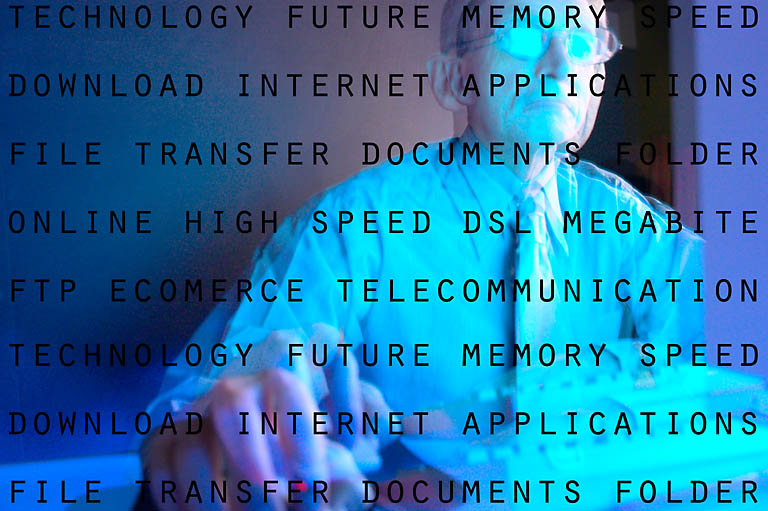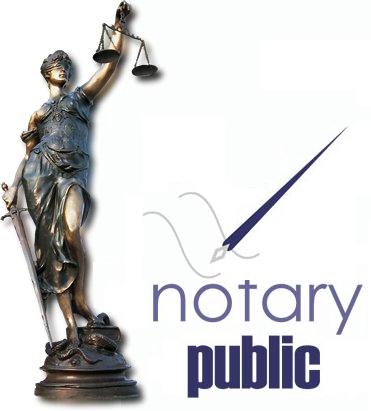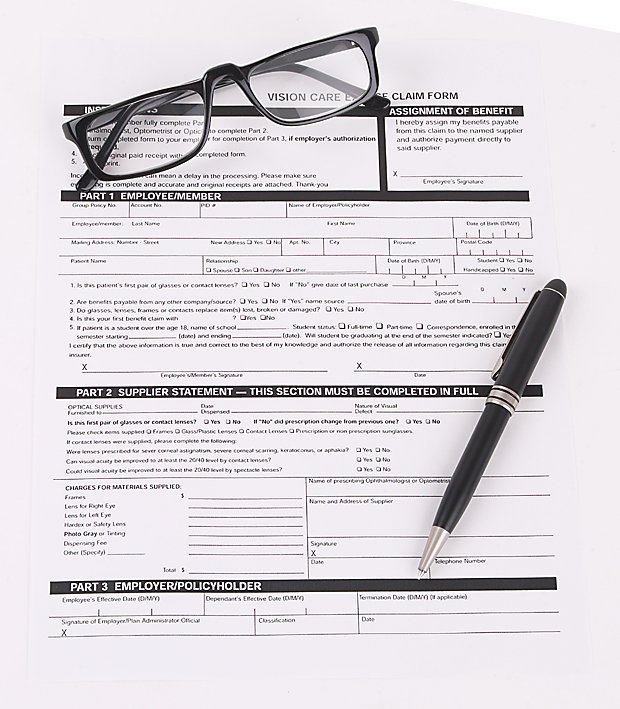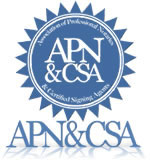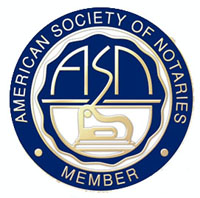
 | ||||












We offer mobile public notary services throughout Southern California! we specialize in on-call, emergency, last minute, after-hour, weekend, regular business hours,
and out of area notarizations.
We travel swiftly to you to notarize your important documents 24 hours a day/7 days a week! , Prompt, Courteous and Reliable Service with Fair Competitive Rates. We are Certified Mobile Notary Publics CMNP®/ Mobile Loan Signing Specialists MLSS™
Notarization Musts-
The document signer must personally appear face to face before the Notary at the time of notarization – not before – not later.
The Notary must positively identify each & every document signer by reliable identification, by credible witness, or through personal knowledge to prevent forgery.
The Notary must be an impartial and disinterested party to the transaction & in the performance of their duties.
The Notary must not notarize or certify a copy of a birth certificate or other vital record despite what someone may have been told by a travel agency or airline.
The Notary must speak a common language with the document signer & not use an interpreter.
The Notary must make a record in their journal of each notarial act & have each document signer
sign the entry at the time of notarization to protect the document signer’s legal interests.
The Notary must hold and scan each document for completeness, blank spaces, as well as the type of document & notarization for recording in their journal.
*DISCLAIMER - I am a Notary Public, not an Attorney. I am not licensed to practice law in this state and may not give legal advice or accept fees for legal advice.
Required Identification - Each person needs to have government-issued photo ID available at appointment. The ONLY forms of identification must have the same name or longer than the name as it appears on the document to be signed.
Acceptable Form of Identification must be current or have been issued within 5 years issued by a federal or state government containing the bearer’s picture, physical description and signature. Photocopies are not acceptable must be original.
Accepted forms of identification:
FAQs:
What is a Notary Public? A Notary Public is a person of proven integrity appointed by the government to serve the public as an impartial witness in taking acknowledgements, administering oath and affirmations, and performing other acts authorizing by law.
What is a Signing Agent? A Notary Signing Agent is a Notary with distinctive expertise in notarizing loan document signings who has been certified.
How much does a notarization cost? The maximum that a notary can charge PER signature in California is $10.00. However, fees are set based on the number of signatures and discount prices may be offered.
Why are documents notarized? To provide a deterrent to fraud. An impartial witness (the Notary) ensures that the signers of documents are who they say they are and not impostors. The Notary makes sure that signers have entered into agreements knowingly and willingly.
May any document be notarized? For a document to be notarized, it must contain: 1) text committing the signer in some way, 2) an original signature (not a photocopy) of the document signer, 3) a notarial "certificate" which may appear on the document itself or on attachments. The Notary fills in the certificate, signs it, then applies his or her seal to complete the notarization.
May a Notary give legal advice or draft legal documents? Absolutely not! A Notary is forbidden from preparing legal documents for others or acting as a legal advisor unless he or she is also an attorney or works under the direction of an attorney. Violators can be fined or jailed for the unauthorized practice of law.
Does notarization mean that a document is "true" or "legal"? No! Notaries are not responsible for the accuracy or legality of documents they notarize. Notaries certify the identity of signers. The signers are responsible for the content of the documents.
Do I have to appear personally to receive notarization of my documents? Yes. You should personally appear before the Notary at the time of notarization. However, if you have a "Subscribing Witness," the "Subscribing Witness" must witness the signing of the document and must be known personally by the Notary Person, or you must have two witnesses.
Can you notarize documents that contain blanks? No! We cannot notarize a document that is incomplete or contains blanks.
May a Notary refuse to serve people? The Notary shall, as a government officer and public officer and public servant, serve all of the public in an honest, fair and unbiased manner. Only if the Notary is uncertain of a signer's identity, willingness or general competence, or has a good reason to suspect fraud, may they deny service.. Notaries should not refuse to serve anyone because of race, religion, nationality, lifestyle, or because the person is not a client or customer. Discrimination on any basis is not a suitable policy for a public official.
May a Notary notarize or prepare Immigration papers? Only a few immigration forms need to be notarized, such as the Affidavit of Support (1-134), but U.S. Immigration and Naturalization Service (INS) regulations state that no one may prepare or file another person's immigration papers unless he or she is an attorney or a U.S. Justice Department-approved "accredited representative." Non-attorneys can provide clerical, secretarial or translating assistance with INS forms, as long as no advice is given. However, courts have held that even the selection of which forms to complete can constitute the practice of law, since the filing of INS forms creates legal consequences having a substantial impact on the applicant.
My service is commissioned by the State of California as a Notary Public. NOTARY PUBLICS must be of proven integrity appointed by the state of California to conduct notary services in the State of California and to serve the public as an impartial witness in taking acknowledgements, administering oaths and affirmations, and performing other acts authorized by law. I have also been certified as a Notary Service Signing Agent or commonly known as a Loan Signing Agent by the National Notary Association. This is beneficial to you when loan documents are being notarized.
COMMISSIONED VS CERTIFIED LOAN SIGNING AGENT? Good question. What do these words mean? A notary public service is COMMISSIONED by the State of California and is a government distinction and office. Being "Commissioned" as a notary is mandatory in order to do any notary or loan signing work. Being "Certified" as a loan signer is optional and is not recognized by any state government, however, you must be a notary first before obtaining certification as a loan signing agent and to provide the services. Most lenders and title companies request certified loan signers because of the additional certification of knowledge of the loan documents on top of the state notary public appointment and screening process that is required. Certification requires additional coursework and background screening due to the confidentiality of information provided in the loan process.
As a notary public service, I am a public official whose primary function is to serve as an impartial witness and to authenticate the signature(s) on contracts, deeds, trusts, loans and other legal documents. By law, I can not give and will not legal advice since I'm not an attorney. The reason for documents to be notarized is to help protect the public interest, as deterrent to fraud. An as an impartial witness (the Notary) the signers of documents are who they say they are and not impostors. As a commission Notary I have to follow certain state requirements before I can place my seal to the documents. Part of it is to make an inquiry of the signers and that they have entered into agreements knowingly and willingly.
